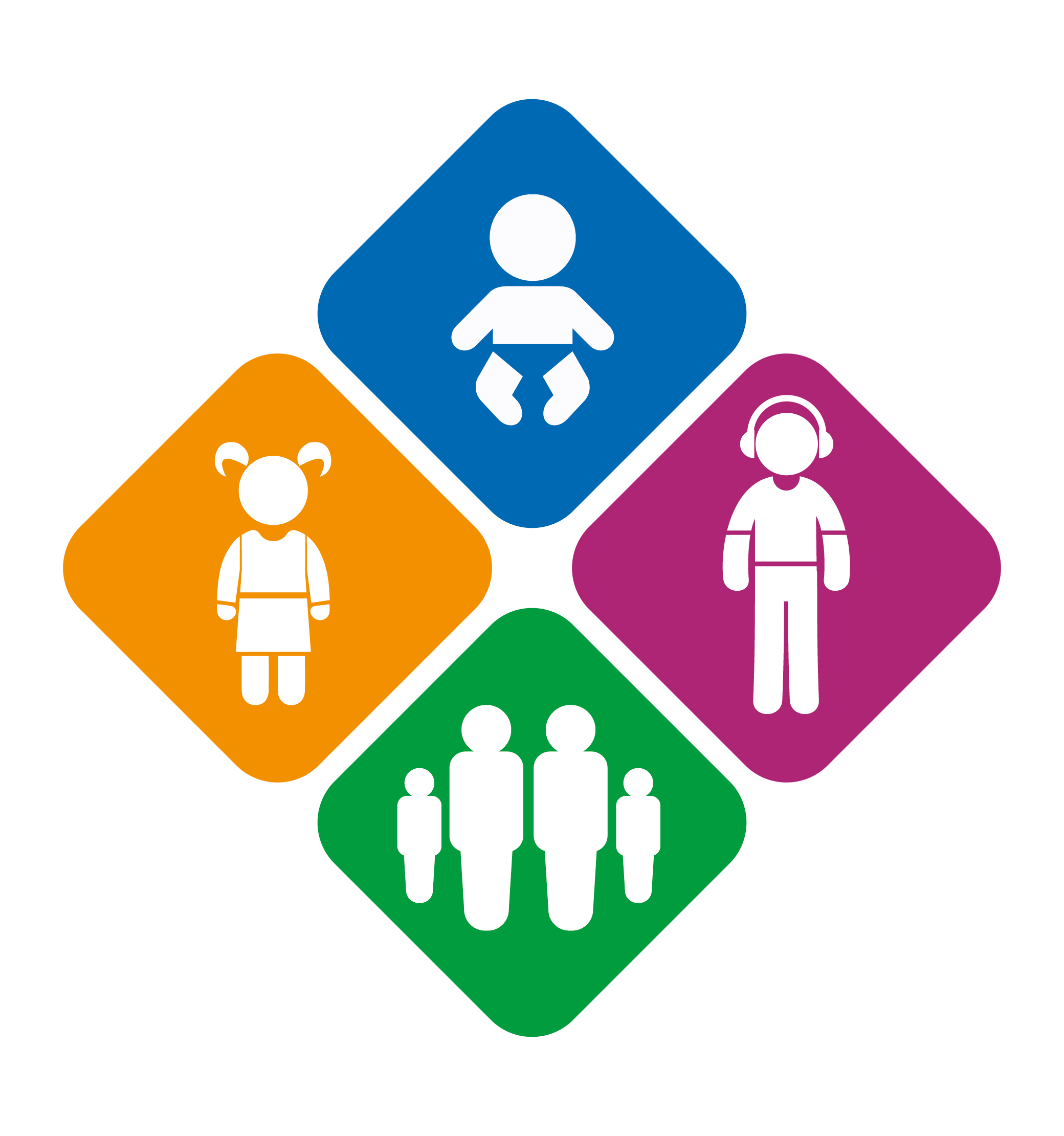In this section, you will find information and advice to support you with some common thoughts and feelings experienced by other young people that are the same age as you. Click on the tabs below to learn more about each topic.
If you don't feel you can keep yourself safe right now, seek immediate help:
- Go to any Accident & Emergency (A&E) Department
- Call 999 and ask for an ambulance
- Ask someone else to call 999 for you or take you to A&E
If you need urgent support but don't want to go to A&E, you could:
- Text the Young Minds Crisis Messenger, for free 24/7, by texting the words YM to 85258
- Call the Samaritans for free on 116 123 or email jo
- Contact your GP and ask for an emergency appointment
- Contact NHS 111 (England)
- Download the 'Stay Alive' app to your mobile phone
Feeling good about yourself will really make a difference to how you think and feel. There are lots of things that you can do to make yourself feel good. The Young Minds website has some great tips for improving your mental well-being.
- Believe in yourself – low self esteem can really affect your mood
- Help others – doing a good turn for someone else can make you feel great
- Exercise – your brain releases feel good chemicals when you exercise
- Eat well – some foods make our blood sugar levels go up and down making as irritable and tired
- Take time out to relax and recharge your batteries
- Sleep - A good night sleep is important to help you feel refreshed each day and will help improve your concentration and prevent you feeling irritable.
- Ask for help – if you’re feeling overwhelmed, ask for help from somebody close to you. A problem shared is a problem halved
Worry and anxiety
Worry is a normal part of life, but sometimes you can worry too much and it can stop you from feeling happy.
Anxiety
Anxiety describes our feelings when we are uncomfortable or frightened. Lots of things can cause anxiety, such as pressures at school, problems getting on with your family or friends, or anything else that happens that causes you stress.
Depression
Sometimes you may feel low and as a teenager it’s really normal for your moods to go up and down. However, suffering from depression is different. If you feel that your moods are affecting your ability to sleep, or your appetite and you’re struggling to feel happy at all, then it may be worth talking to somebody about how you are feeling.
Speak to your school's link nurse who you can chat to in confidence. You can also visit the MyMind website for more support.
Bullying can make you feel isolated and worthless, lonely, anxious, angry and lacking confidence. You may experience some or all of these feelings. Bullying in any form is hurtful and unacceptable and can make your life miserable.
Ignoring bullying won’t make it go away. You need to tell someone about what is happening. If somebody physically hurts you, or verbally abuses you, that’s bullying. Specific types of bullying include:
- Homophobic bullying based on your sexual orientation
- Racist bullying because of your skin colour
- Religious bullying because of your beliefs or faith
- Sizeist bullying referring to your body size
- Sexist bullying focusing on you being of the opposite sex
- Cyberbullying targeting you online, often anonymously
- Bullying because you are different
Bullying can be a one-off or it can go on for a long time. And bullying can happen to anyone.
Useful links about bullying:
- Read more about what bullying is and how to deal with it on the Young Minds website
- Visit the Bully Busters website for advice and support
- Read more about the types of bullying on the Childline website
Losing someone important to you is one of the hardest things to experience in life. If you're young, bereavement can be even more difficult. But support and advice are available to help you get through it. Your teenage years can be a lot of fun, but they are also often an emotional time. If someone close to you dies, it can be incredibly hard. Your world may feel as though it has crashed down around you.
Many people find they feel a mixture of the following:
- sadness
- shock, particularly if the death was unexpected
- relief, if the death followed a long period of illness
- guilt and regret
- anger
- anxiety
- despair and helplessness
- depression
There are several things that can help you start to feel better. Looking after your health and talking to someone will help you get through this difficult time.
For more advice, take a look at:
- The NHS website for advice on coping with bereavement
- The Marie Curie leaflet to learn about feelings you might have when someone dies
- Other young people's experiences of bereavement on the Child Bereavement website
LGBTQ+
It's normal to feel attracted to both girls and boys when you're growing up.
During puberty, you have lots of emotions and sexual feelings. It's normal for girls to think about girls in a sexual way, and for boys to think about boys in a sexual way.
Some people realise they prefer people of the opposite sex, while others feel they prefer people of the same sex. Some people realise they are gay, lesbian or bisexual at an early age, while others may not know until later in life.
You do not choose your sexuality, it chooses you. Nobody knows what makes people gay, lesbian, bisexual or trans. Whatever your sexuality, you deserve to be with someone you love.
It can help to talk to other people who are going through the same thing. Find out if there's a young men's or women's group in your area for lesbian, gay or bisexual people.
These groups might be advertised at GP surgeries, sexual health or contraceptive clinics, pharmacies or youth groups.
You can also speak to your school link nurse for support and advice at your monthly high school drop-in.
For more information, take a look at:
- The sexuality page on the Childline website
- The sexuality and mental health page on the Young Minds website
- The LGBTQ+ resources on the Proud Trust website
- The Galop website
Feeling confident may not be something that comes naturally but there are things you can do to increase your confidence:
- Focus on your strengths and not on your weaknesses. It’s very easy to mull over something that you’re not so good at but focus on something positive about yourself instead
- Build positive relationships. Having good relationships around you will help you to feel more confident
- Be kind to yourself – try not to be hard on yourself



